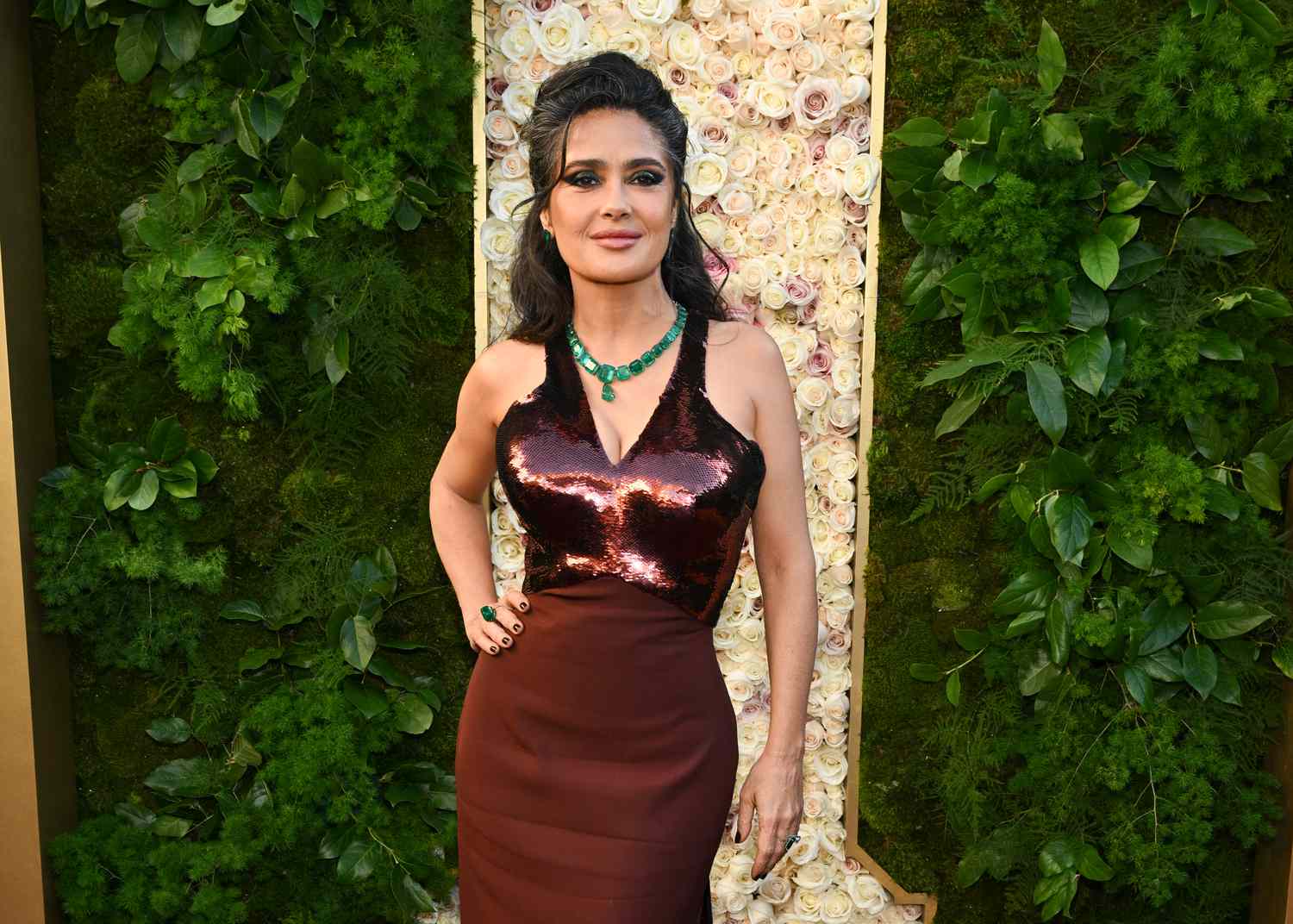A talented artist is an individual who possesses exceptional skill, creativity, and the ability to communicate emotions and ideas through their chosen medium. Whether it’s painting, music, dance, writing, or performance, talent is often recognized through consistent dedication, innovation, and the ability to inspire others. Talent alone is not enough; it must be nurtured through practice and experience to evolve into something extraordinary.
Creative Expression and Talent

Creativity is the cornerstone of any talented artist’s journey. It enables artists to convey emotions, tell stories, and present unique perspectives. True talent manifests when creativity meets skill, enabling an artist to produce work that resonates with their audience. This creative expression often transcends boundaries, touching on universal human experiences while maintaining a distinct personal voice.
Talented artists explore new methods and materials, pushing the limits of their chosen medium. From visual art to performing arts, innovation becomes a defining characteristic of their work, distinguishing them from others.
The Role of Natural Ability and Hard Work
While some artists may display natural ability from a young age, hard work and perseverance remain crucial components of artistic success. Talent serves as a foundation, but effort transforms potential into mastery. A talented artist dedicates countless hours to refining their craft, studying techniques, and learning from both failures and successes.
The journey of any artist often includes challenges. However, persistence allows them to grow stronger, adapt to changing circumstances, and consistently produce impactful work. It is this combination of talent and dedication that creates legendary artists admired across generations.
The Influence of Environment and Culture
The environment plays a significant role in shaping a talented artist’s growth. Family support, access to education, and exposure to cultural influences contribute to the development of artistic skills. Many artists draw inspiration from their surroundings, whether through nature, urban life, or personal experiences.
Culture acts as a rich tapestry from which artists can weave new ideas. Traditions, history, and societal norms often serve as themes in their work. Talented artists find ways to reflect these influences while creating something fresh and timeless. Through their work, they become storytellers, preserving and evolving cultural narratives for future generations.
Innovation and Vision
Vision is one of the hallmarks of a talented artist. The ability to see the world differently and transform that vision into art distinguishes a great artist from others. Their work often sparks conversations, challenges perceptions, and encourages audiences to think beyond the ordinary.
Innovation is equally important. Talented artists experiment with new techniques, materials, or concepts to set themselves apart. By stepping outside conventional boundaries, they redefine their medium and inspire others to do the same.
Talent Across Different Artistic Disciplines

Artistic talent can be found across numerous disciplines, each requiring unique skills and approaches. Here are a few examples of where talent shines:
Visual Arts
Painters, sculptors, and illustrators express their creativity through imagery and form. Talented visual artists master techniques such as perspective, color theory, and composition to create works that captivate viewers. From abstract art to hyperrealism, their ability to evoke emotions through visual storytelling is unparalleled.
Music
Musicians showcase talent through melody, rhythm, and harmony. Whether instrumentalists, vocalists, or composers, they convey emotions and experiences through sound. The ability to blend technical skill with creative composition allows musicians to connect with listeners on a deep level.
Dance
Dancers use movement to express stories, emotions, and cultural traditions. Talented dancers combine physical skill with artistry, mastering choreography while adding their unique style. Dance demands discipline, creativity, and the ability to connect with an audience through movement.
Writing
Writers communicate ideas, emotions, and narratives through language. Whether poets, novelists, or playwrights, talented writers create work that lingers in the hearts and minds of readers. They master the use of tone, structure, and imagery to craft compelling stories.
Performing Arts
Actors, theater performers, and performance artists use their presence, voice, and gestures to bring characters and ideas to life. A talented performer captivates an audience through authenticity and passion, delivering experiences that leave lasting impressions.
The Evolution of Artistic Talent in the Digital Age
In the modern world, technology has transformed how talented artists create, share, and showcase their work. Digital tools and platforms offer new opportunities for experimentation, collaboration, and global recognition. Visual artists can use digital art software, musicians can produce tracks using virtual studios, and writers can self-publish through online platforms.
Social media and streaming services have democratized access to art, allowing talented artists to reach audiences far beyond their immediate communities. This increased visibility provides opportunities for success, but it also creates competition, challenging artists to consistently innovate and stand out.
Recognition and Impact of Talented Artists

The impact of talented artists extends beyond the art itself. Their work inspires emotions, stimulates dialogue, and often drives social or cultural change. Artists have historically played a pivotal role in addressing critical issues, from inequality and injustice to mental health and climate change.
Recognition often comes in various forms, including awards, exhibitions, and critical acclaim. However, the true measure of an artist’s success lies in the ability to leave a legacy. Talented artists create work that pwvip4d resonates across time, influencing future generations and inspiring others to pursue their own creative paths.
The Role of Passion and Purpose
Passion fuels the work of every talented artist. It drives them to create despite challenges, rejections, or setbacks. Their art becomes a reflection of their purpose, whether to inspire, entertain, educate, or provoke thought.
Talented artists often use their platform to champion causes or express personal truths. Through their work, they contribute to society, providing fresh perspectives and inspiring others to explore their own creative potential.
Encouraging Emerging Talent
Nurturing emerging talent is essential to sustaining the arts. Mentorship, education, and access to resources empower aspiring artists to grow and refine their craft. Talented artists who give back to their communities by teaching or collaborating with others help preserve the creative spirit.
Communities, schools, and governments play a vital role in supporting artistic talent. Investment in arts programs, scholarships, and public spaces for artistic expression ensures that future generations can explore their creativity and share their voices.
Conclusion
A talented artist combines creativity, vision, and skill to produce work that inspires, provokes, and endures. Their journey is marked by dedication, innovation, and a deep connection to their craft. Whether through painting, music, writing, or performance, talented artists leave a lasting impact on society, shaping culture and inspiring future generations.
As we celebrate talented artists, it is essential to recognize their role in enriching our lives. Their work challenges us to see the world differently, ignites emotions, and provides a timeless connection to the human experience. The future of art relies on nurturing and supporting the next wave of talented individuals who will continue to create, inspire, and transform our world.
Read More article About: Macan Tutul Asia: Keajaiban Alam yang Tersembunyi di Hutan Asia



